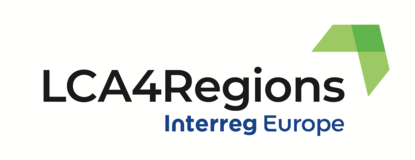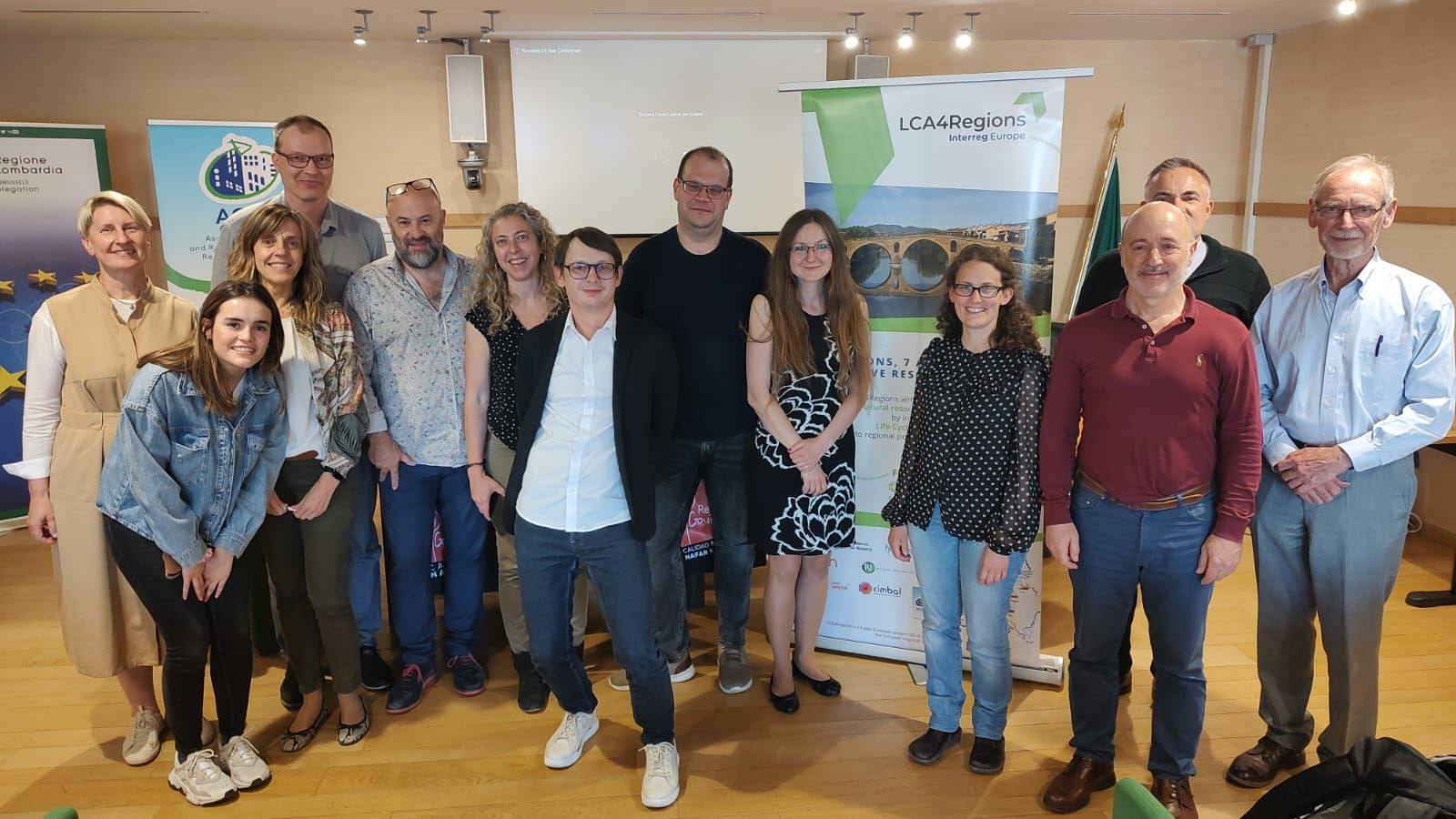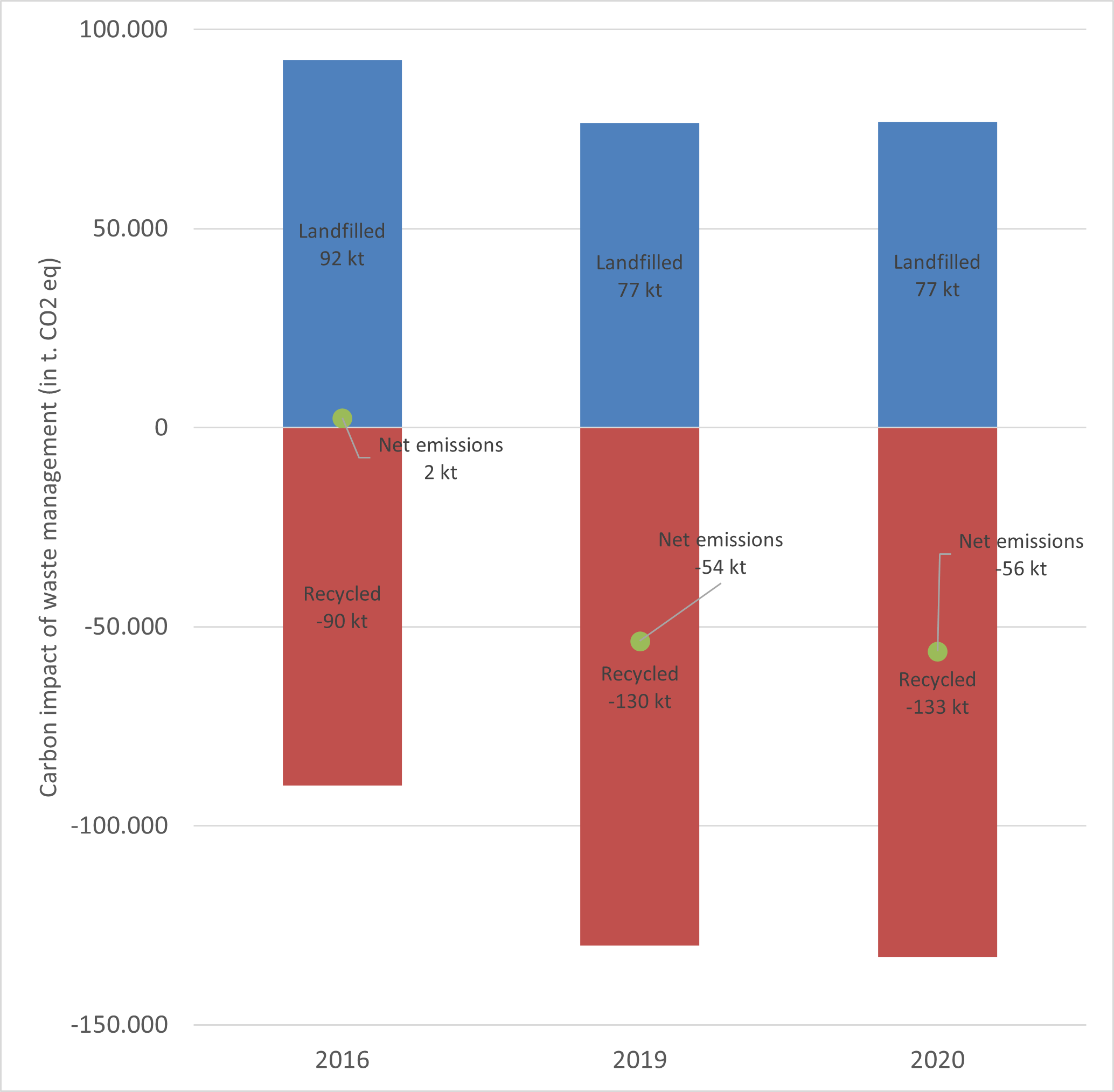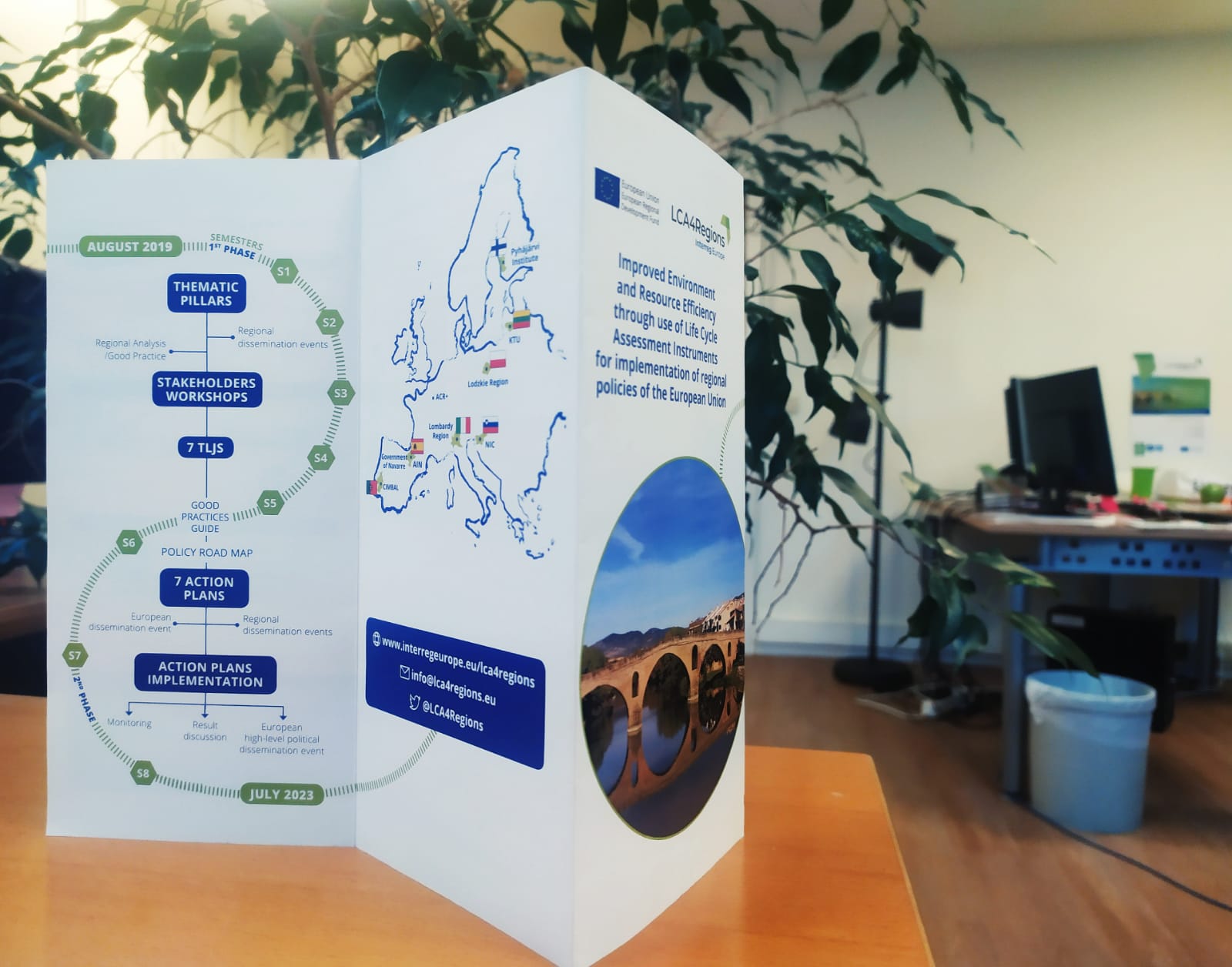Prof. Andrzej Marcinkowski from the Department of Organization and Management at the Lodz University of Technology (TUL) is involved in his research work, including life cycle assessment (LCA), production engineering, industrial symbiosis and energy efficiency.
As an expert actively collaborating with the LCA4Regions project team, he agreed to an interview and a brief summary of the project's achievements and challenges.
In retrospect, how do you assess the project's cooperation and the co-organized event called Transnational Learning Journey, which you co-created together with the LCARegions team - do you see the need to continue the project?
I consider the initiative definitely positive. I have been particularly impressed by the involvement of representatives of the various regions in the project's activities. It is very encouraging that regions show interest in current issues (especially such specific issues as life cycle methods) and try to follow current trends in order to be prepared for future legal standards and support of good practices.
Do methodologies like Life Cycle Assessment (LCA), Carbon Footprint (CF) have an impact on the university, its environment and R&D process, as well as pro-innovation activity?
Clearly, these methods have a major impact on the university's activities in various areas. LCA and CF are increasingly used in the research sphere of many disciplines, especially those related to industrial practice. The results of life cycle assessment are often valuable research material in their own right, moreover, they are often a necessary complement to research conducted in other areas.
What are the practical challenges of these methodologies?
In addition to research work, LCA is also used in the area of university development. An example is the determination of the environmental impact of the campuses of the Lodz University of Technology in the context of energy consumption for heating university buildings. This requires a comprehensive inventory of buildings and the use of the resulting data in LCA analyses.
How will the post-pandemic period shape the environmental impact - will the recovery of the economy have an impact on strengthening the momentum of pro-environmental processes and transformations in our regions?
The economic problems caused by the response to the pandemic (freezing of selected industries) may have contributed to a temporary reduction in environmental impact. The forced implementation of remote work in many sectors has resulted in the fact that, to date, many employees are eager to use this mode of work. This comes with undoubted environmental benefits in the form of fuel savings and reduced emissions associated with transportation to workplaces.
Capacity Building - this is a topic we co-created with experts during the Transnational Learning Journey - is it relevant to life cycle assessment of products and services?
I have the impression that in the teaching area, too, LCA is playing an increasingly important role. In my opinion, students are becoming more and more aware of the opportunities created by the application of life cycle assessment. At the TUL's Faculty of Organization and Management, this is expressed, among other things, in the growing interest of graduate students in writing engineering and master's theses using dedicated LCA software. The works concern the optimization of production processes, logistics, and are carried out in cooperation with companies in the region.
What will the development of life cycle assessment look like?
The development of LCA method requires further research. Particular attention needs to be paid to taking into account the impact of noise on the environment. Life cycle assessment is also an increasingly important part of educational, research and development projects. I myself am involved in a number of projects in which LCA analyses are one of the pillars on which the essentials of the project are based. These are both projects under Horizon (e.g., SustDesignTex), Erasmus+ (skills4future, educate4green), or "Gospostrateg" programmes.
Many thanks for the interview and expert support during the LCA4Regions project!
Anyone interested in a broader treatment of this extremely interesting issue is encouraged to expand their knowledge by, among other things, reading the rebroadcast of the TLJ seminar and visiting the LCA4Regions website.










